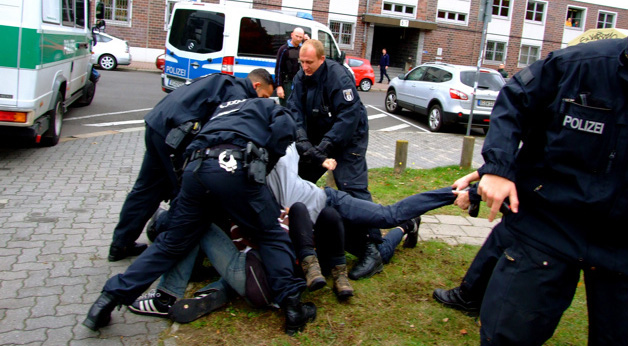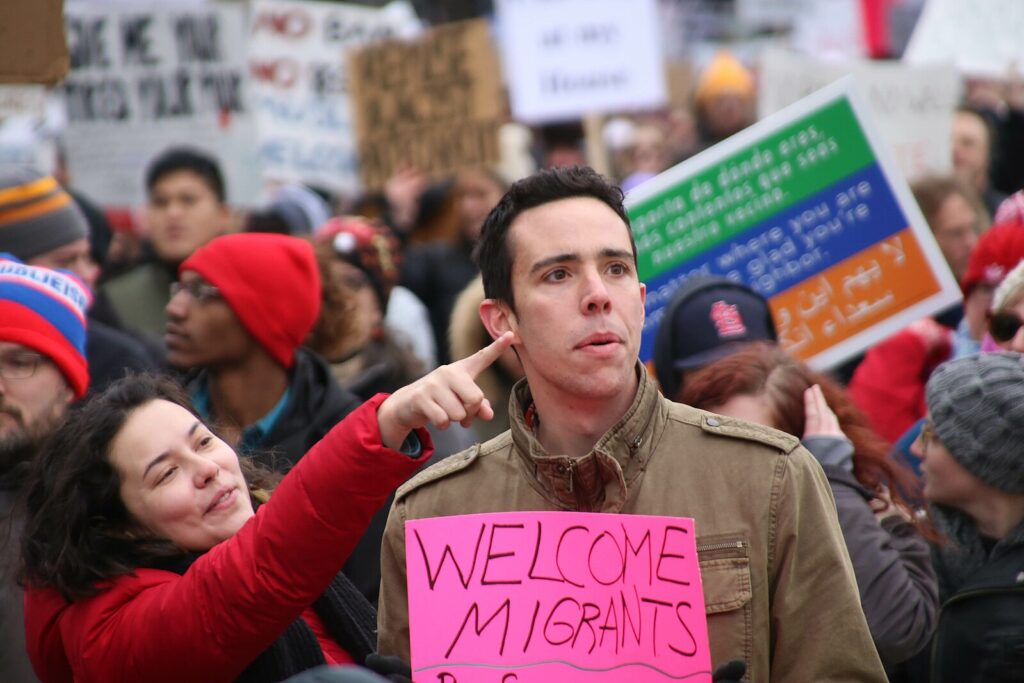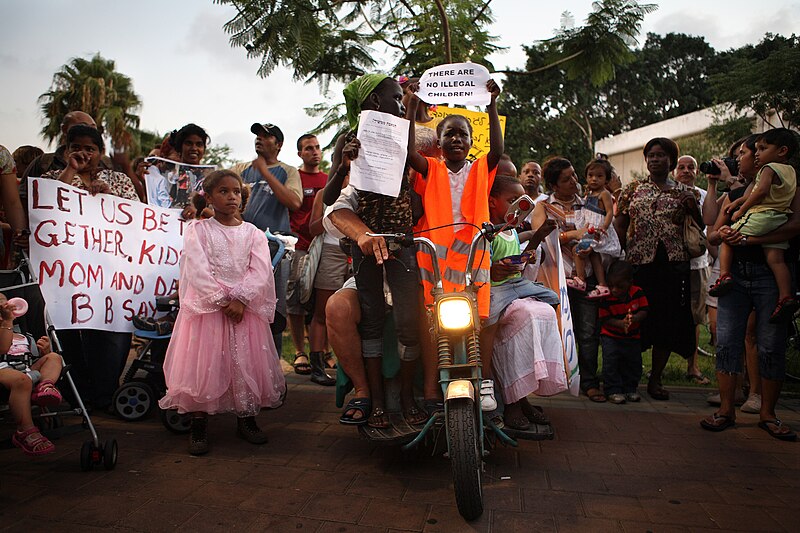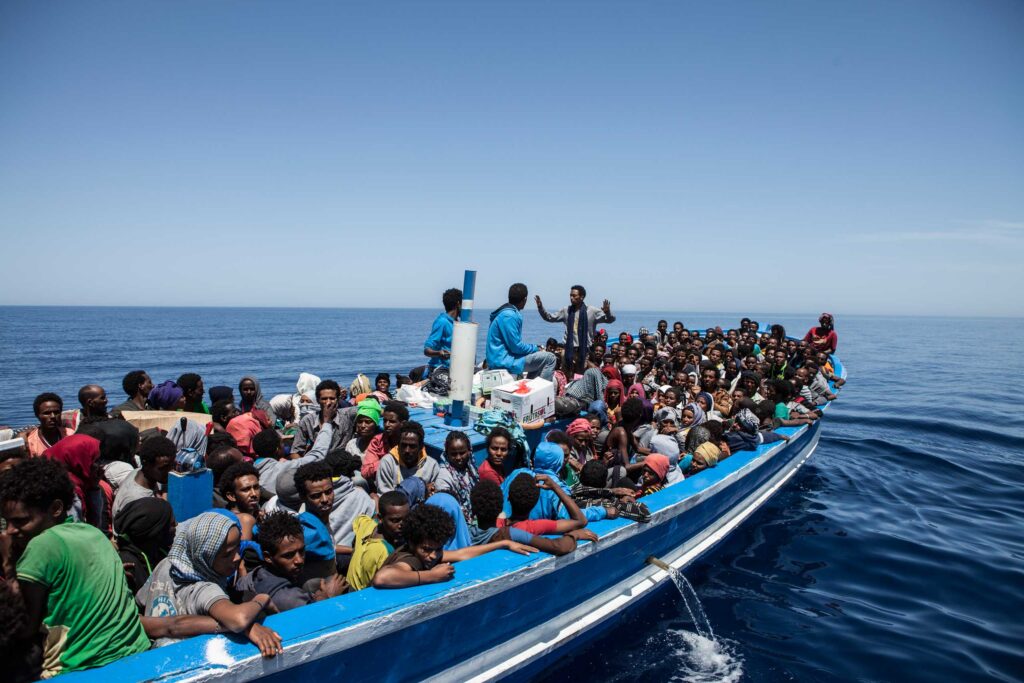Against the backdrop of perceived or real terrorist threats, rising transnational public health risks and dangers, feelings of insecurity and despair, and increasing antimigrant sentiment, xenophobia, discrimination, and racism, there is an increasing criminalization and securitization of international migration, affecting undocumented migrants, refugees, trafficking, and smuggling victims. Stringent visa and migration policies and tightening of border control and surveillance policies evidence an increasing criminalization and securitization of international migration.

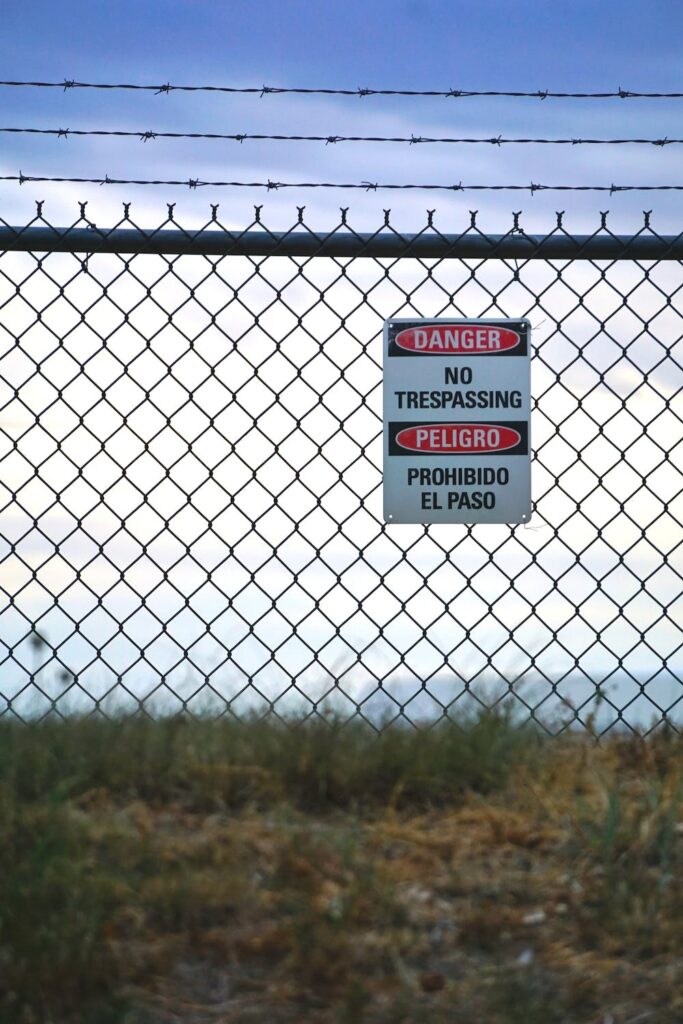
The rise of anti-migrant sentiment, racism, and discrimination has led to the violation of migrants’ human rights in various parts of the world. Anti-migrant sentiment, racism, and discrimination have been exacerbated by the misleading feeling that migrants are invading the host societies and depriving them of their wealth and cultural authenticity (the myth of a pure nationalistic identity underlying racism and xenophobia) and poverty, unemployment, underemployment, and increasing socioeconomic inequalities in the transit and destination countries. This feeling of fear has been accentuated by right-wing populist political parties and media picturing migrants as invaders, threats to national security and public health, and as shrinking the welfare state. Such a fear increases the prospect of criminalizing migrants, especially irregular migrants, and refugees from economically powerless countries in the Global South.
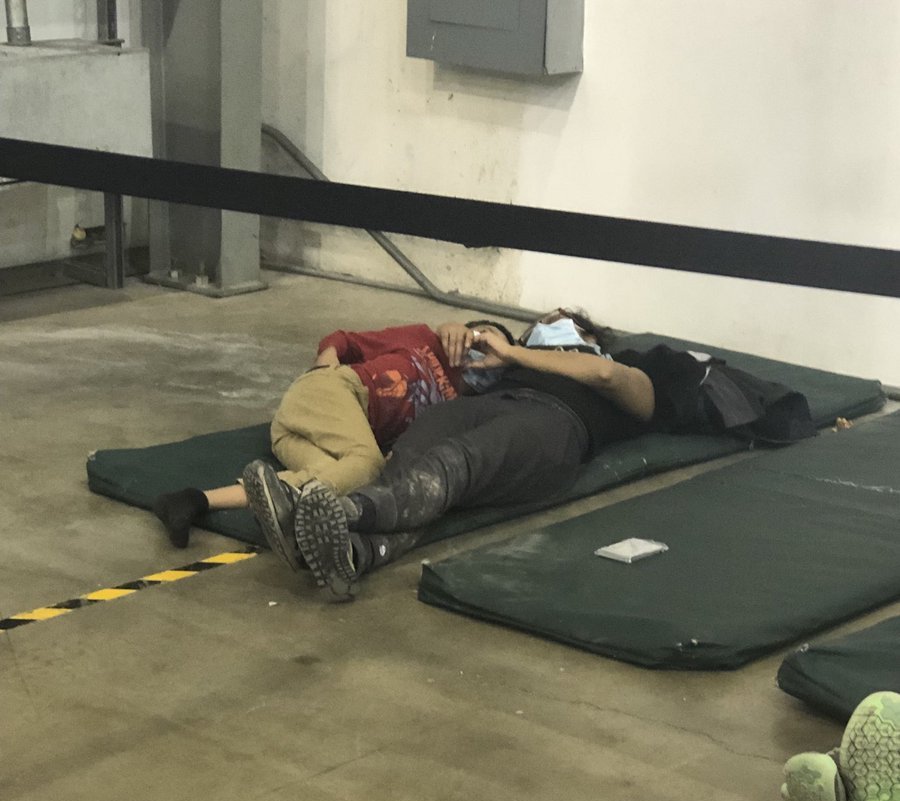
The growing securitization of international migration can violate international human rights instruments related to refugees, IDPs, and migrants to which the States are signatories. In the context of greater focus on the “migration and security nexus,” migrants, refugees, and IDPs may be subject to criminalization, thereby denying them the protection of their human rights per the relevant international conventions. They deserve international protection and the promotion and respect of their human rights.
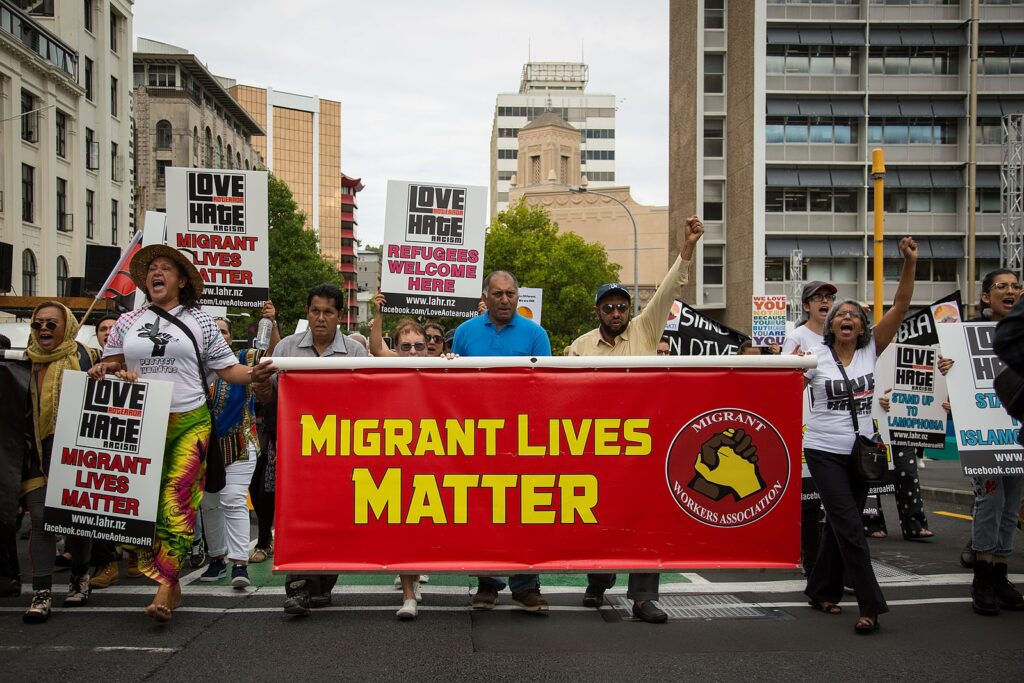
African migrants are increasingly vulnerable to human rights violations, racism, and discrimination and are subject to inhumane and degrading treatment, especially irregular migrants. The experience of deportation may be traumatizing for irregular migrants, and they may feel treated as criminals. The criminalization of African migrants should deserve more consideration in research, teaching, and policymaking. Most of the literature comes from international human rights organizations and media reports. There is a need to conduct studies of the causes of the increasing criminalization of Africa’s international migration, the modus operandum, the mechanisms, legal, policy, and institutional apparatus underlying such a criminalization, its adverse impacts on African migrants and their families, and origin, transit, and destination countries, and the policy implications for addressing the criminalization and securitization against African migrants.
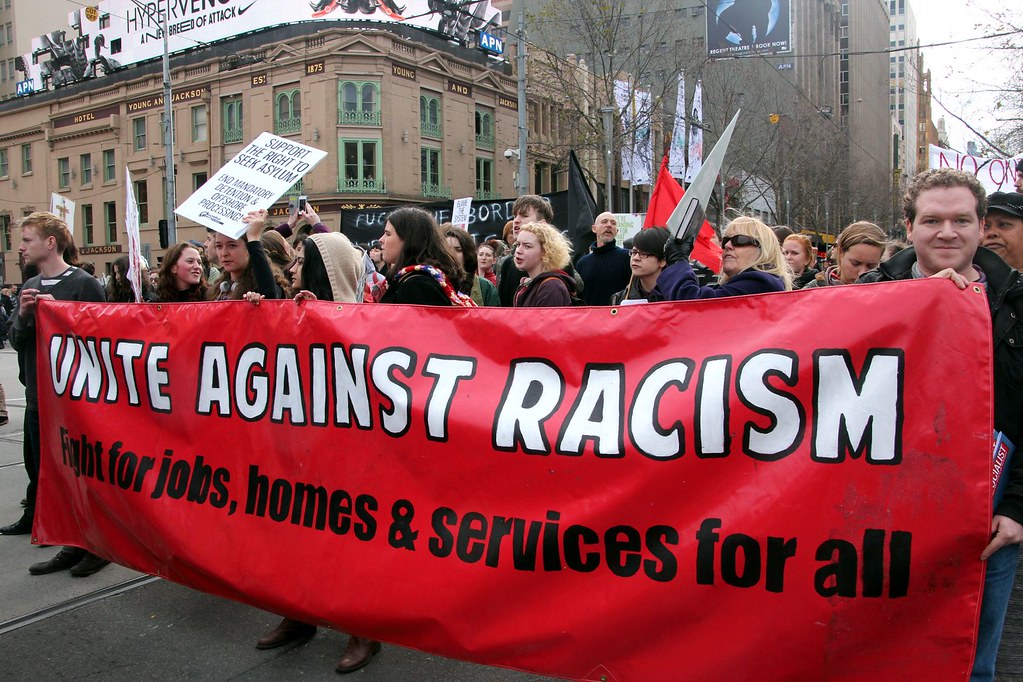
The conditions facing African migrants subject to criminalization and the adverse impacts on their health and well-being, and the human rights violations and the ethical and security implications of the “migration and security nexus” will be examined in this research cluster. This research cluster will investigate African migrants’ coping strategies to circumvent the criminalization and securitization of international migration.
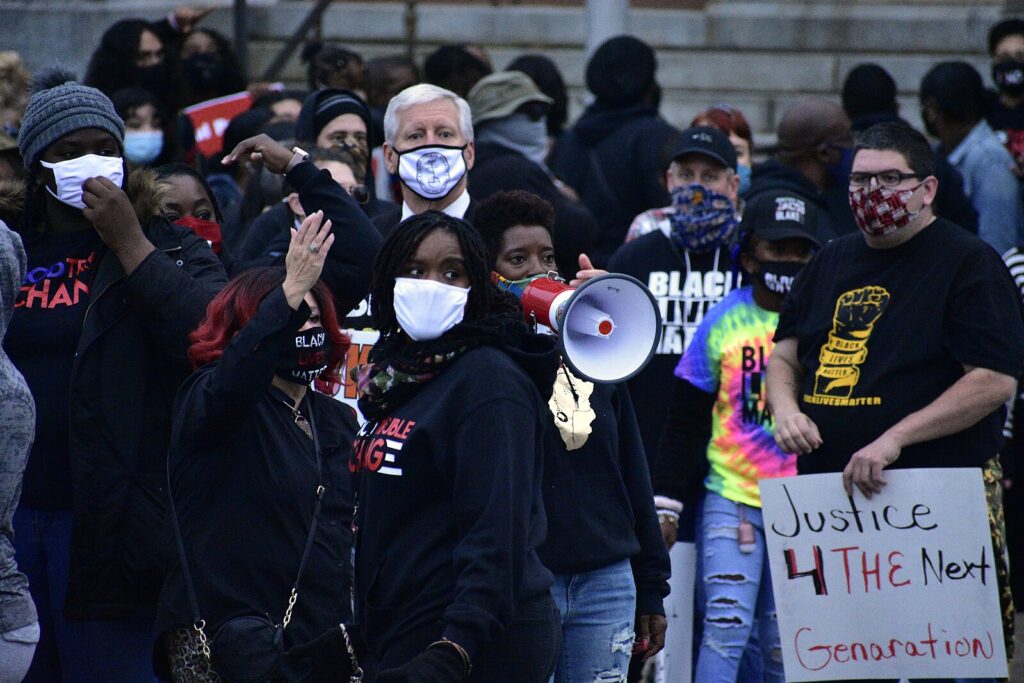
The role of social movements and activists in promoting and protecting the rights of migrants, refugees, and IDPs subject to securitization and criminalization and gaps in the international protection of victims of criminalization (irregular migrants, refugees, IDPs, deportees) will also be analyzed.


